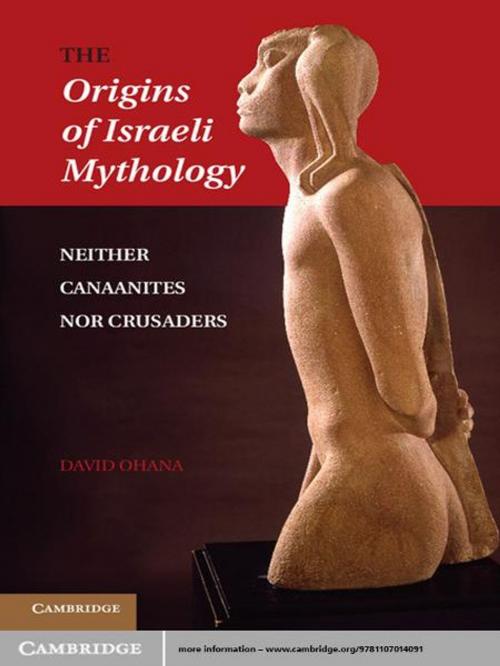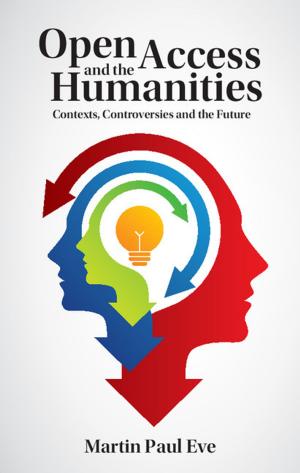The Origins of Israeli Mythology
Neither Canaanites Nor Crusaders
Nonfiction, Religion & Spirituality, Judaism, History| Author: | Professor David Ohana | ISBN: | 9781139209953 |
| Publisher: | Cambridge University Press | Publication: | January 23, 2012 |
| Imprint: | Cambridge University Press | Language: | English |
| Author: | Professor David Ohana |
| ISBN: | 9781139209953 |
| Publisher: | Cambridge University Press |
| Publication: | January 23, 2012 |
| Imprint: | Cambridge University Press |
| Language: | English |
It is claimed that Zionism as a meta-narrative has been formed through contradiction to two alternative models, the Canaanite and crusader narratives. These narratives are the most daring and heretical assaults on Israeli-Jewish identity. The Israelis, according to the Canaanite narrative, are from this place and belong only here; according to the crusader narrative, they are from another place and belong there. The mythological construction of Zionism as a modern crusade describes Israel as a Western colonial enterprise planted in the heart of the East and alien to the area, its logic and its peoples. The nativist construction of Israel as neo-Canaanism demands breaking away from the chain of historical continuity. These are the greatest anxieties that Zionism and Israel needed to encounter and answer forcefully. The Origins of Israeli Mythology seeks to examine the intellectual archaeology of Israeli mythology, as it reveals itself through the Canaanite and crusader narratives.
It is claimed that Zionism as a meta-narrative has been formed through contradiction to two alternative models, the Canaanite and crusader narratives. These narratives are the most daring and heretical assaults on Israeli-Jewish identity. The Israelis, according to the Canaanite narrative, are from this place and belong only here; according to the crusader narrative, they are from another place and belong there. The mythological construction of Zionism as a modern crusade describes Israel as a Western colonial enterprise planted in the heart of the East and alien to the area, its logic and its peoples. The nativist construction of Israel as neo-Canaanism demands breaking away from the chain of historical continuity. These are the greatest anxieties that Zionism and Israel needed to encounter and answer forcefully. The Origins of Israeli Mythology seeks to examine the intellectual archaeology of Israeli mythology, as it reveals itself through the Canaanite and crusader narratives.















